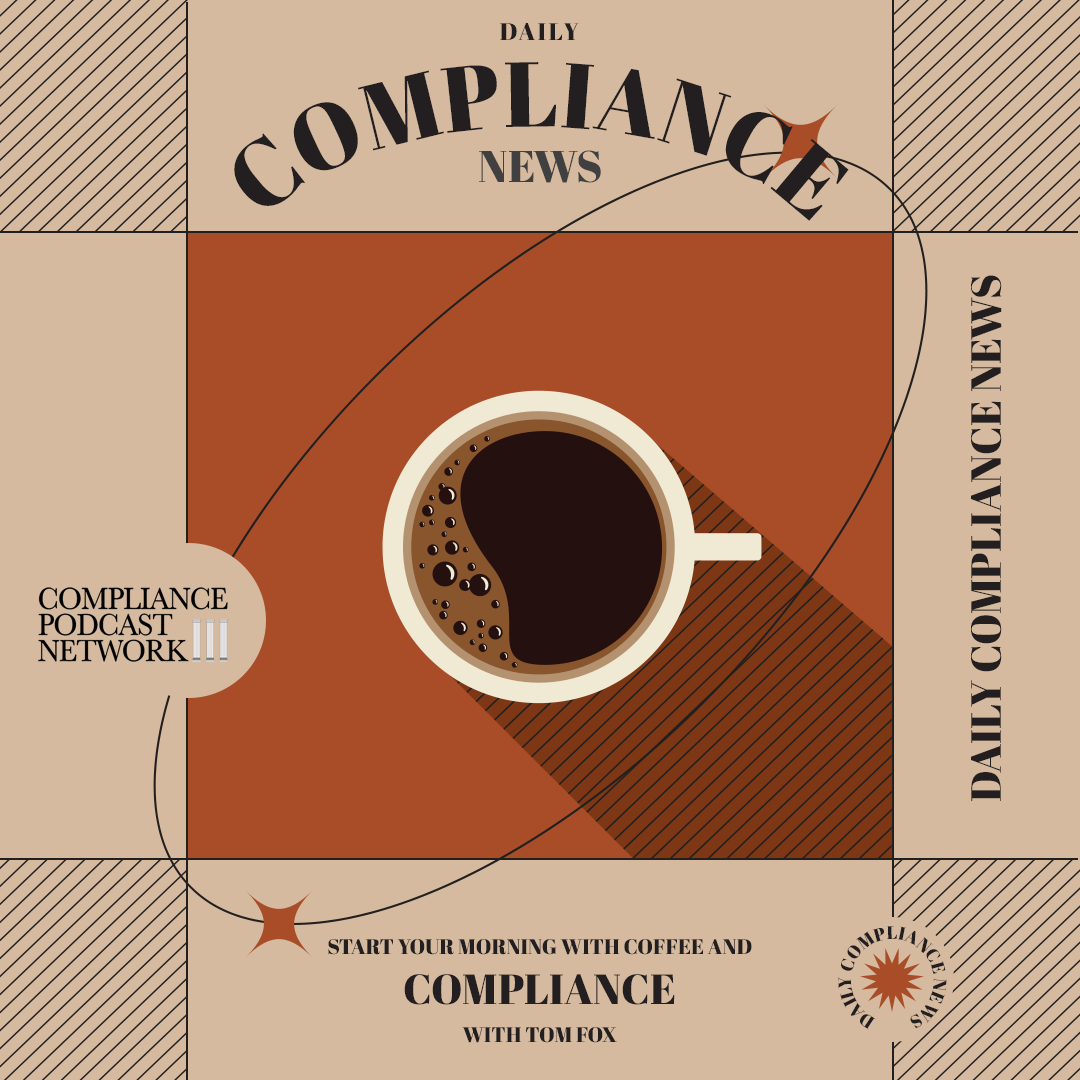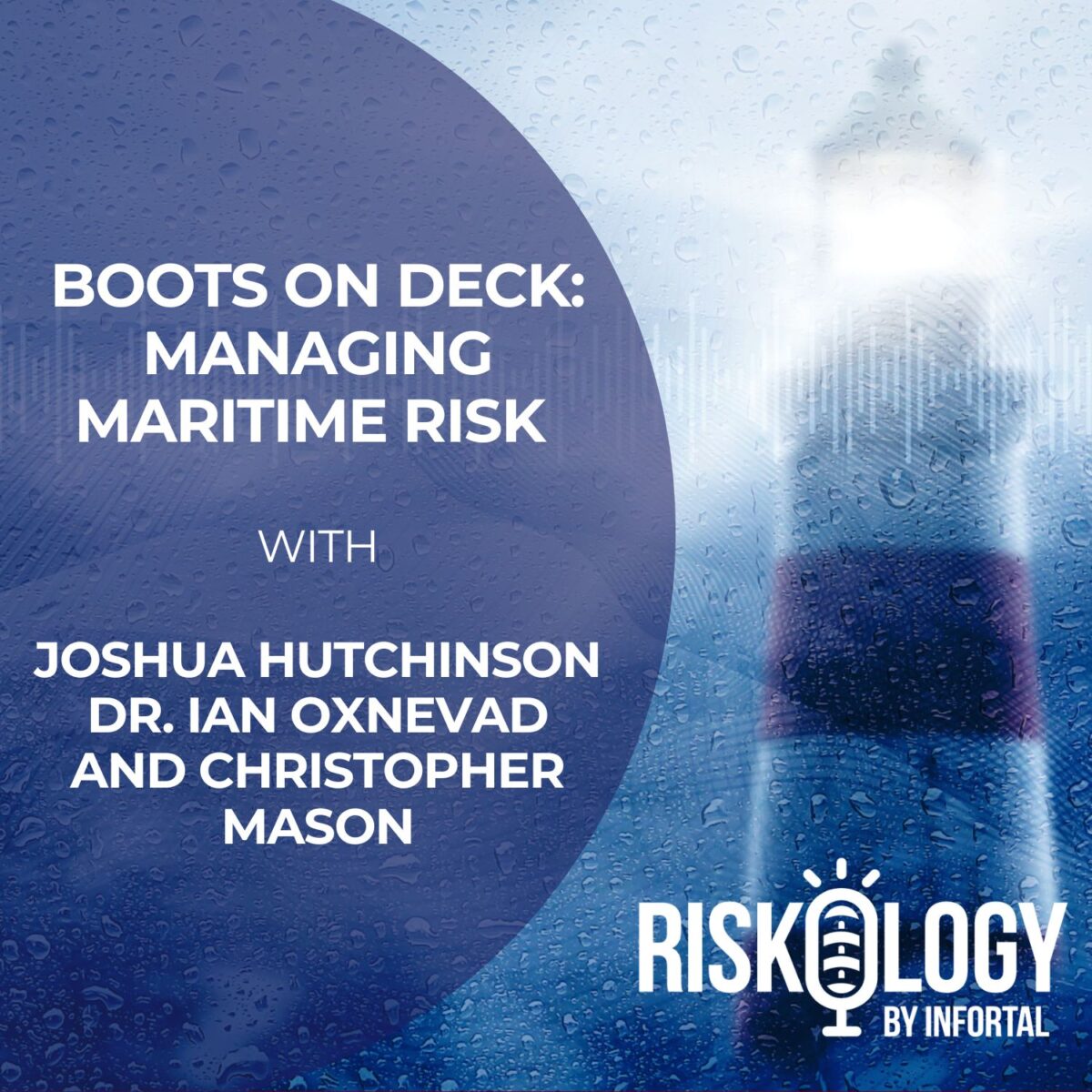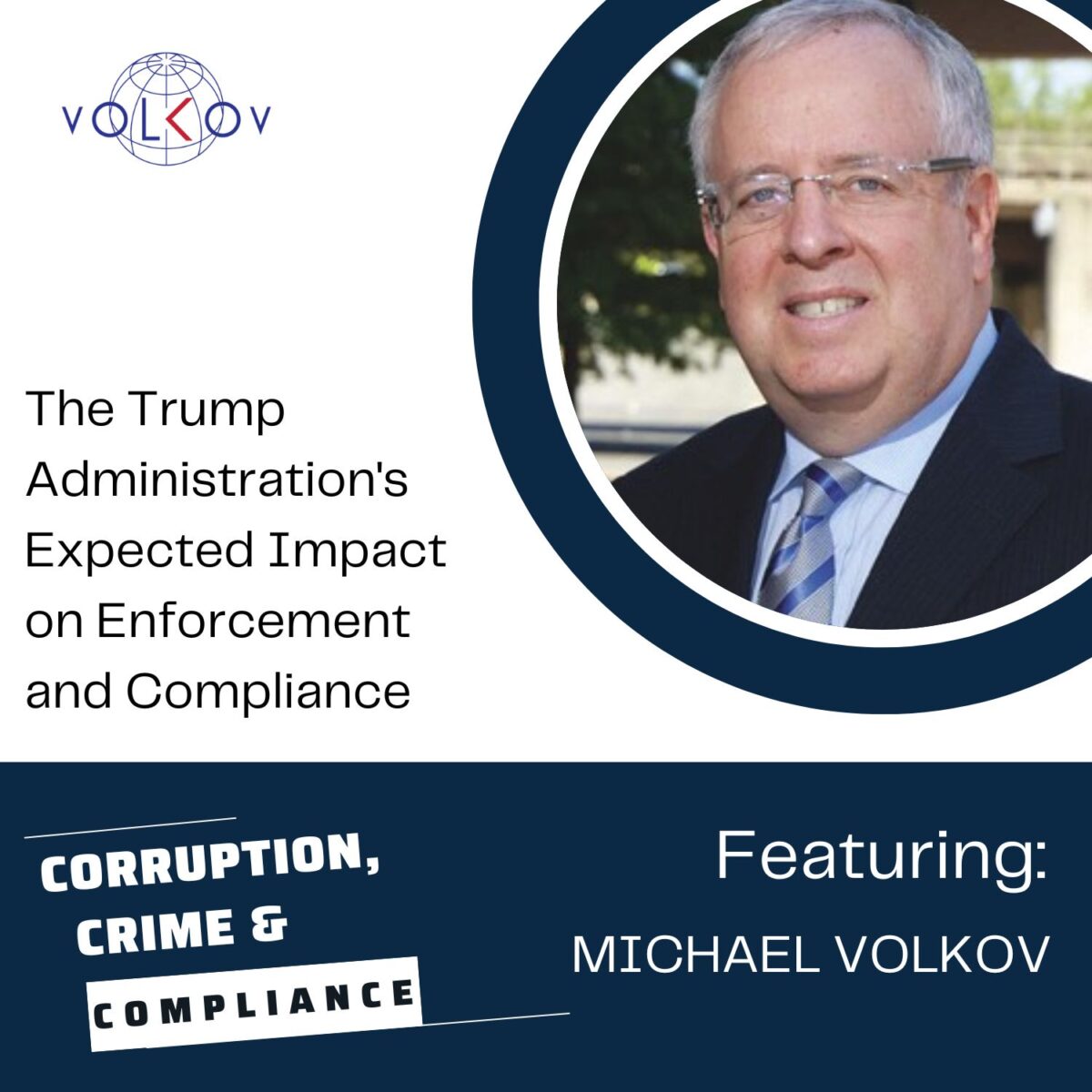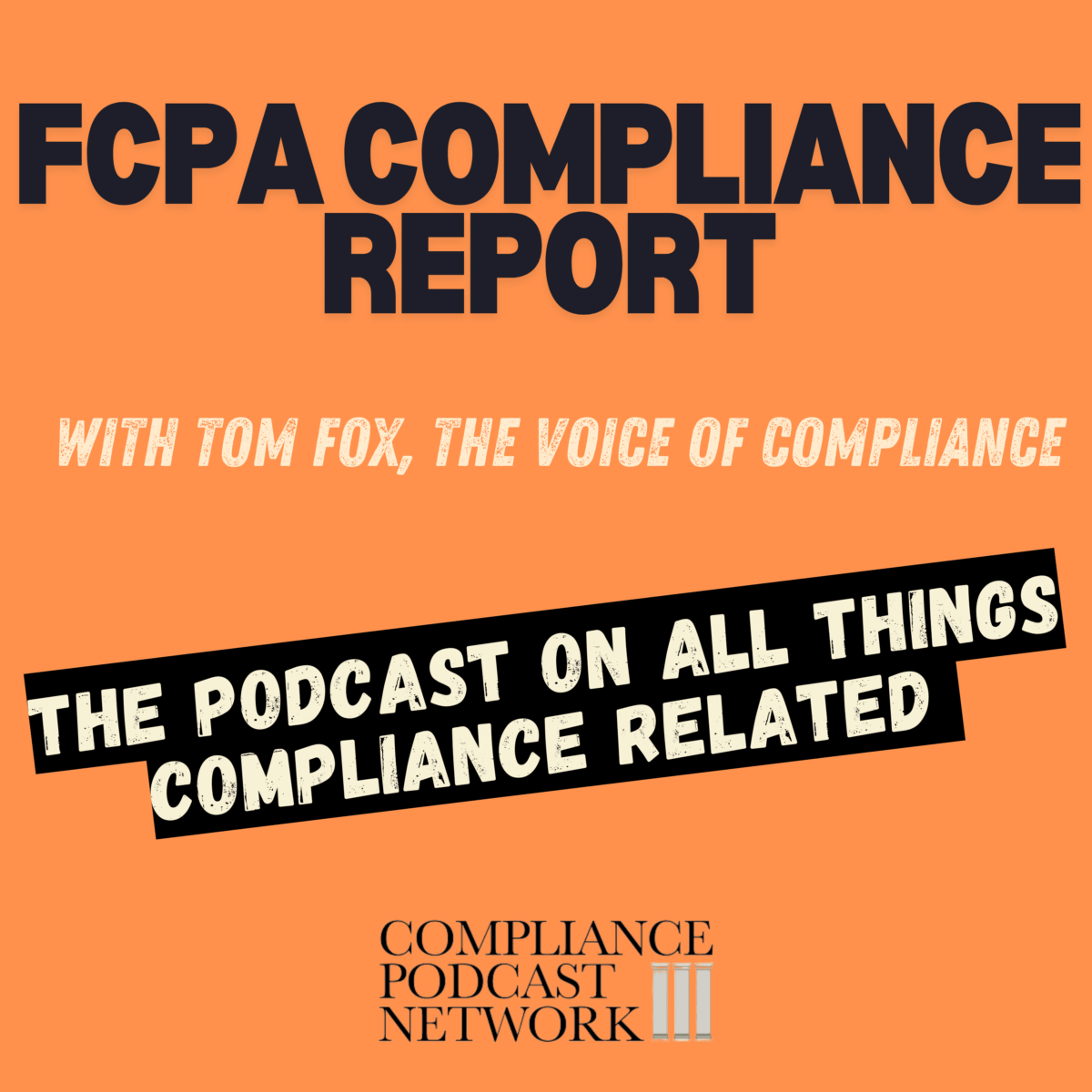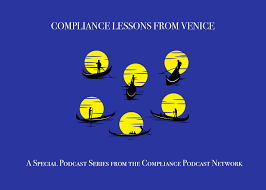Welcome to a journey through compliance with a Venetian twist. Paired with the podcast series Compliance Lessons from Venice, running this week on the Compliance Podcast Network, we will examine three areas where Venice’s time-honored methods inform modern compliance practices. In this first part, we explore the importance of staying grounded in the fundamentals and, as Venice shows us, the value of “doing it the old-fashioned way.”
Lessons from Venice’s Historic Construction
One of Venice’s unique characteristics is its resistance to change. The city is seemingly untouched by the fast-paced innovations of the 21st century. Just as Venice has retained its unique charm, with materials brought in via boats and moved through a basic block-and-tackle pulley system, a compliance program requires a solid, reliable foundation. There is no cutting corners or relying solely on the latest technology; it’s about creating structures that work effectively within the constraints of the environment.
Look at Venice’s construction methods. They may seem archaic, with building materials transported by boat and lifted by hand to upper floors because there’s no room for cranes or heavy machinery. Yet, they work. And just as Venice requires time-tested systems to manage its challenges, compliance professionals must remember that the most effective compliance programs start with well-resourced, accessible basics.
The DOJ’s Emphasis on Resources and Accessibility
The DOJ echoed similar values when outlining the foundational elements of effective compliance in the 2020 FCPA Resource Guide, 2nd edition, and the recently released 2024 Evaluation of Corporate Compliance Programs (2024 ECCP). Compliance isn’t about building an impenetrable wall of policies and procedures. Instead, it’s about creating a support structure that employees can rely on to address their needs and clarify their doubts.
In 2012, in the Pfizer Deferred Prosecution Agreement (DPA) and Enhanced Compliance Obligations, the DOJ highlighted the need for a compliance department to maintain “significant resources” dedicated to its anti-corruption and ethics functions. In practice, this means having policies in place and ensuring these policies are actively implemented and that the compliance department remains a resource employees can turn to for guidance and clarity. Likewise, the DOJ’s original FCPA Resource Guide from 2012 emphasized the importance of having systems that foster compliance and a centralized function that employees can contact when questions arise.
Venice teaches us that the old-fashioned way, ensuring accessibility and resource allocation, may seem basic, but it is also foundational. Every organization, no matter its size, needs people dedicated to compliance who are both available and empowered to respond to inquiries and provide guidance. The 2024 ECCP is clear that headcount matters, stating that a compliance program should have “sufficient resources, namely, staff to undertake the requisite auditing, documentation, and analysis effectively.” If your compliance function lacks adequate staffing, your program’s integrity is compromised before it even starts.
Ensuring There is Someone to “Answer the Phone”
For compliance to work, there needs to be someone at the other end ready and able to “answer the phone.” This is not just a metaphor; it represents the importance of having an accessible and approachable compliance team that employees can contact for help. If your employees are uncertain about compliance requirements but can’t get an answer because the compliance department is understaffed or unresponsive, your organization risks creating a culture of indifference or confusion.
Mike Volkov, another veteran in the compliance field, often warns against a “Dr. No” compliance function, a department known for obstruction rather than support. If compliance professionals become unapproachable or unavailable, it creates an environment where employees may hesitate to seek guidance, increasing the risk of non-compliance. Just as Venice’s pulley systems rely on someone physically there to operate them, your compliance department needs people actively involved and available.
Consider this scenario: It is a Friday afternoon, and an employee urgently needs clarity on a compliance policy before engaging with a third-party vendor. If the compliance department is a ghost town, the employee is left to make judgment calls, risking misinterpretation and potential non-compliance. Ensuring availability isn’t just about headcount; it’s also about building an infrastructure of responsiveness so there’s always someone qualified and ready to help.
Building Compliance Expertise: Beyond Just Numbers
But more than simply answering the phone is required. The compliance function needs a knowledgeable team offering real-time, accurate, and practical guidance. The 2016 DOJ FCPA Pilot Program stressed the importance of expertise in the compliance function, and that has been brought forward in the 2024 ECCP, stating “those responsible for compliance [should] have: (1) sufficient qualifications, seniority, and stature (both actual and perceived) within the organization”. Not only should compliance practitioners be present, but they must also possess the knowledge and understanding required to answer complex queries effectively.
Compliance professionals who need more expertise risk giving complete or correct advice. This lack of expertise in the compliance department can erode trust in the program and lead to risky decision-making. Sometimes, the basics are most easily overlooked. We may get caught up in strategic initiatives, technology, and risk assessments, but a compliance program can truly function with a well-staffed, knowledgeable team to implement the essentials.
Drawing from Venetian Basics for your Compliance Program
Venice’s construction methods may be basic, but they serve a purpose. Sometimes, simplicity works best, especially when it is supported by reliability and consistency. The same is true in compliance. A well-resourced, well-trained team that handles daily queries is far more effective than an elaborate system that leaves employees confused or unsupported.
Venice reminds us that while modernization and innovation are important, there is immense value in sticking to the basics. Your compliance program does not need to be flashy; it needs to be effective. Compliance means providing employees with clear policies, support when they have questions, and a well-organized system that encourages ethical decision-making.
Operating the Block-and-Tackle of Compliance
In the first episode of our “Compliance Lessons from Venice” series, we’ve seen how important it is to keep compliance programs grounded in accessible, practical foundations. Just as Venice depends on traditional, hand-operated pulleys to move building materials, compliance programs must rely on consistent human resources—dedicated professionals who are available, knowledgeable, and ready to answer questions.
Doing it the “old-fashioned way” isn’t about resisting change but creating a strong foundation. Compliance programs should be built with the latest innovations, practical, sustainable structures, and accessible resources. Sometimes, returning to these basics can be the most effective way to foster a compliant, ethical culture within an organization.
Join us in the next part of this series as we delve into lessons from Venice’s Arsenale. We will consider the role of culture in incentivizing compliance and ensuring employees are treated with respect. By looking at Venice’s enduring history, we can find timeless principles that strengthen the foundations of any effective compliance program.



